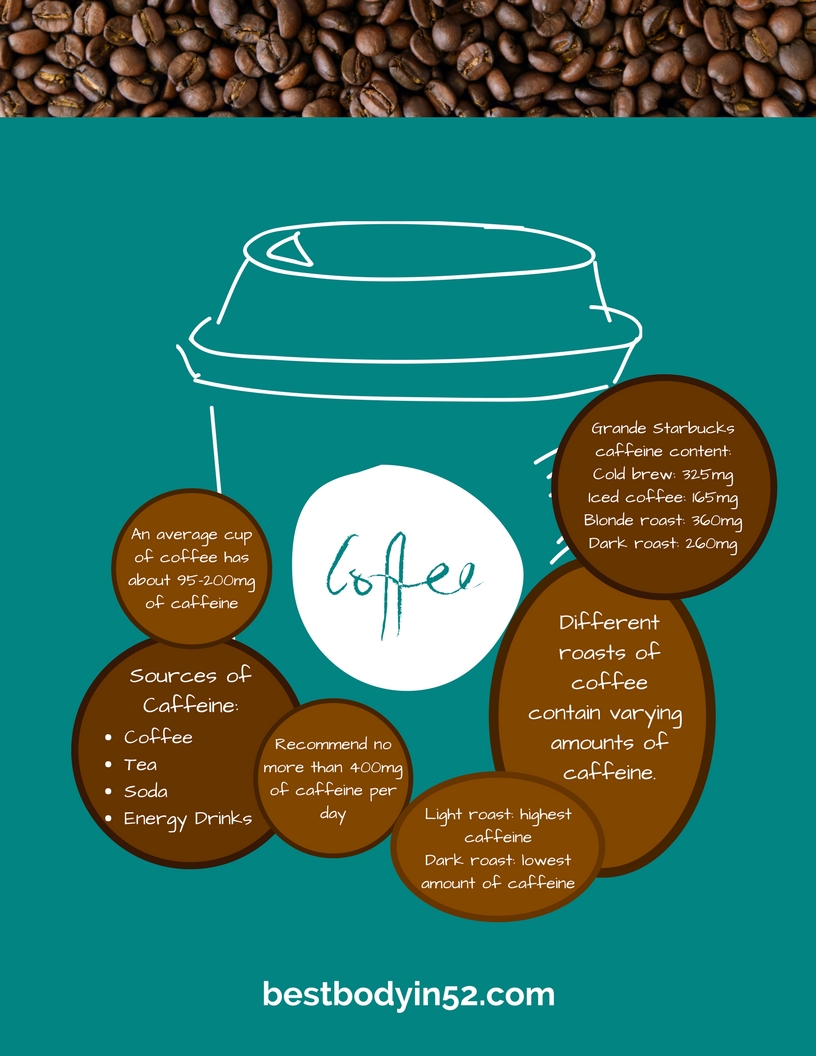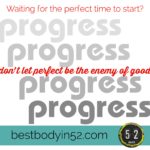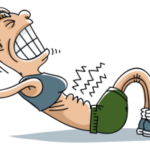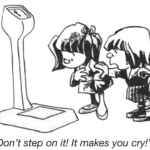If there is one thing I have learned as a dietitian over the past 2 decades, it’s to tread carefully when addressing coffee with clients…Those who know me know I talk way too fast and move way too much to incorporate caffeine myself. So, as a naturally-caffeinated person, I remind myself: ”whatever you do, don’t mess with their coffee.”
For many, coffee is a treat to be slowly sipped at a coffee house. For others, it’s a daily necessity to wake up, and to hold back the headaches that ensue when coffee is not available.
Whether it’s the caffeine, the taste, the cozy morning routine, or the social time you’re after, it’s good to know the 411 on caffeine. About eighty percent of U.S. adults consume caffeine each day, according to the FDA. Most individuals have between 200 mg and 300 mg daily (that’s a couple cups of coffee or 4-5 caffeinated sodas).

Caffeine in Popular Beverages:
Note: the Recommended Daily Allowance (RDA) is 400 mg
- Starbucks coffee, grande (16 oz): 325 mg
- Starbucks Hot Chocolate (grande, 16 fl. oz.) – 25 mg
- Coffee, average 12-ounce mug: 150 mg
- Red Bull, 8-ounce can: 80 mg
- Coke, 12-ounce can: 35 mg
- Hershey’s milk chocolate, 1.6-ounce bar: 9 mg
- Cold Stone Creamery coffee ice cream, 12 ounces: 40–45 mg
- TCBY Coffee Soft Serve, 13 ounces: 40 mg
- Dannon coffee lowfat yogurt, 6 ounces: 30 mg
- Tea, 12 ounces: 22-90 mg
- Clif Shot, Mocha: 50 mg
- NoDoz Max or 5-hour Energy 1 tablet: 200 mg
- Bang Energy: 357 mg
Unless you have a medical profile that indicates otherwise (like a high resting heart-rate, kidney disease or an anxiety disorder), incorporating caffeine in moderation is perfectly healthy, and in fact may have some brain-boosting benefits and exercise-related perks.
Studies show 1.5 mg of caffeine per pound indicates increased exercise performance and a decreased rate of perceived exertion if taken 90 minutes before and 30 minutes after exercise. This applies to exercise performance during prolonged endurance exercise and short-term intense training in particular.
The danger is typically not the caffeine or the coffee as much as it is what goes with it and how much. (Isn’t that true of most things in life? 🙂 ) Remember, too much of a good thing is no longer a good thing…excess caffeine consumption can even be enough to kick you out of the Olympics!
Overconsumption of caffeine can produce side effects that include anxiety/irritability, increased heart rate, and tremors. Often people are having more than they realize – especially if not measuring it, and not drinking it out of the standard 8-ounce Styrofoam coffee cup (think waiting room cup).
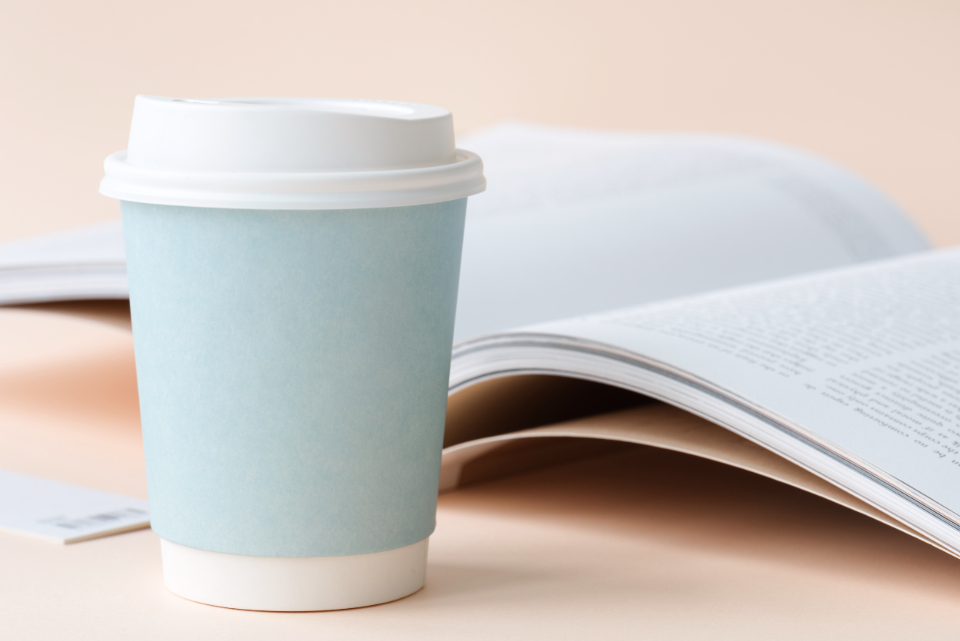
If it’s energy you’re after, there are other ways to get it, too…a solid night sleep, plenty of fluids, adequate dietary iron and Vitamin B12 (the latter of which may need to be supplemented if you’re over 50), and appropriate caloric intake for your activity level. Movement actually can boost your energy level too (yes, while using up your calories – exercise is amazing!).
Being part of a motivating group is invigorating and energizing as well! (I think if all my workouts were alone and without a team, a class, gym friends or running buddies, I too would eventually lose momentum).
So, if you’re dragging, get up on your feet, take a deep breath, grab a water, turn on some music that makes you want to move a little, and make sure you have a balanced meal either just behind you or just before you.
And if you still need a boost, go ahead and enjoy your coffee in moderation. Like I said above, it’s actually considered an ergogenic aid that can improve your exercise performance and can literally lower your PRE (perceived rate of exertion) if you time it right! That means you’ll feel like your working LESS intensely than if you go without it.
Most of my clients have much bigger saboteurs to their weight maintenance and wellness than a couple cups of coffee, to be honest.
Nope: I’m not here to “mess with” your coffee. (You’re the one who has to store or burn off the calories of the “go-withs” anyway, right? Those are the real culprits…and the fact that it might keep you up later at night, which has a cascade of disadvantages for your health and weight management).
You have this dietitian’s blessing to enjoy a little of it a “latte!” 🙂
